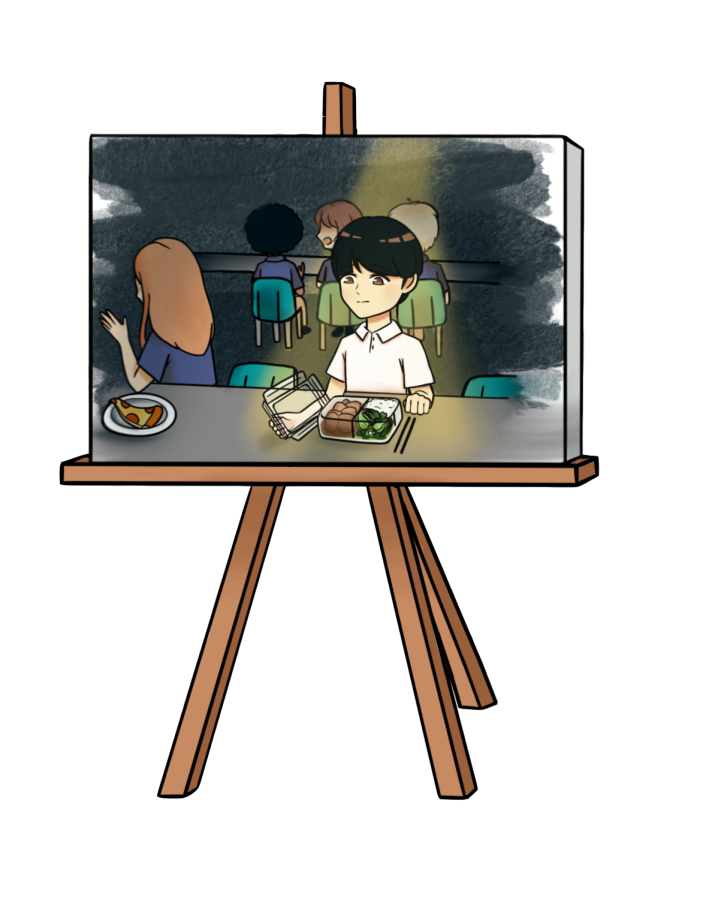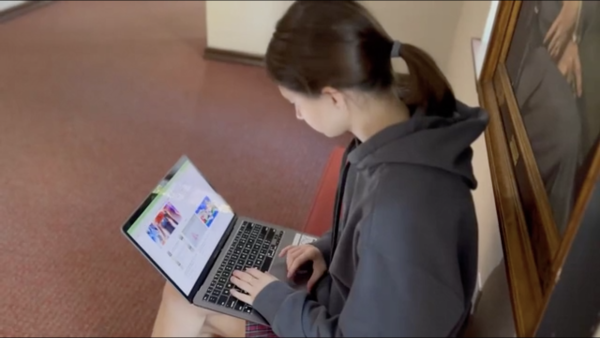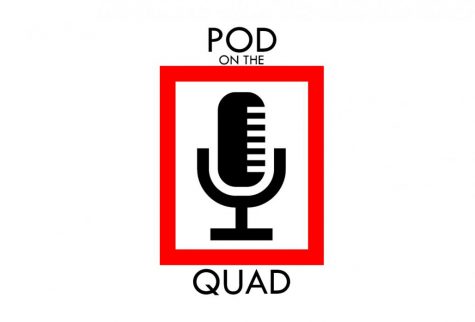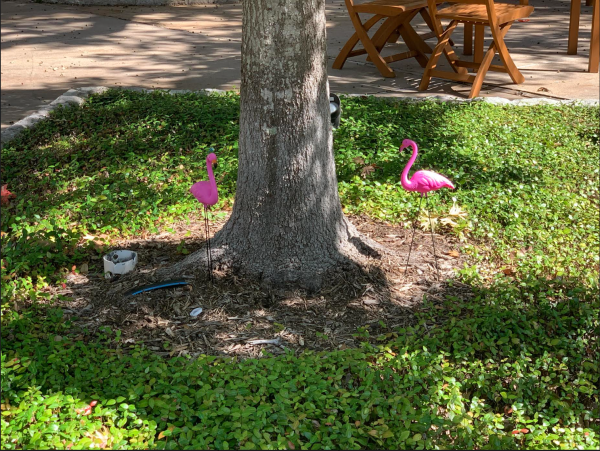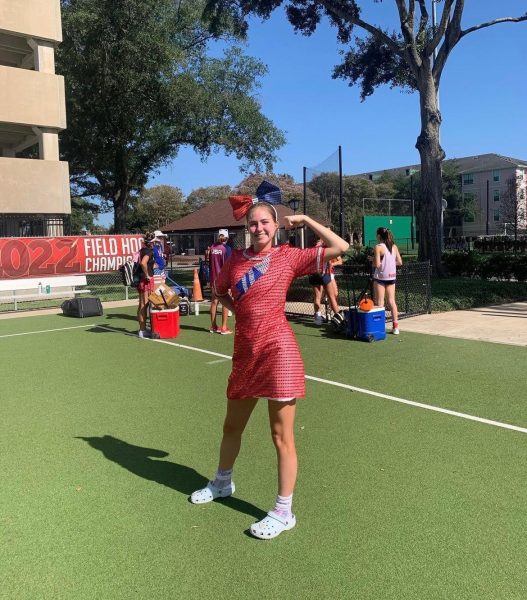“I became ashamed of being an Asian.”
Many Asian American students feel excluded during lunch when surrounded by classmates who eat typical American foods.
When Remy Phan first came to St. John’s in sixth grade, she hid her Asian identity, a step she felt was necessary to make friends.
“I started changing how I looked and acted,” Phan said. “I became ashamed of being an Asian.”
Throughout Lower School, a student who asked to remain anonymous often brought lunch that contained foods with distinct smells or appearances, like purple rice. Eyeing her classmates’ chicken nuggets and Lunchables, she would throw away her food and only eat a small snack or fruit.
“I felt uncomfortable and embarrassed by the comments that kids made and looks that they gave me,” she said, “It’s really sad that I would throw away my mom’s hard work and my culture.”
As a child, Chia-Chee Chiu struggled to navigate the differing cultural spaces of her home and school. Her parents wanted her to maintain a connection to their heritage, so her family attended regular park picnics and holiday parties as part of the local Taiwanese Association and spoke Taiwanese at home.
“It was hard to try to navigate being in two cultural spaces,” Chiu said. “The juxtaposition of that was tough, and there were moments when I wished I wasn’t different.”
“To some people, you’re the Chinese guru, and then to others, you don’t know anything.”
— Maria Cheng
Although Rachel Chih strongly identifies with her Asian culture now, when she was younger, she felt compelled to embrace her American side.
“It creates a toxic mindset and can be harsh on my mental health,” Chih said. “It affects my whole personality and identity.”
While she enjoys sharing her culture, she wishes that others would not expect her to be the spokesperson for all things Chinese.
“They’ll ask me things about being Asian that I don’t know the answer to,” Chih said. “It can be alienating because they see you as Asian before they see you as American.”
Senior Maria Cheng feels a disconnect between what she knows and what her relatives expect her to know.
“To some people, you’re the Chinese guru, and then to others, you don’t know anything,” Cheng said.
Although Asian Americans do not share identical cultures, Lauren Campbell notes that shared experiences provide opportunities for humor. She and other Asian Americans can discuss uncomfortable scenarios among themselves without requiring explanation.
“I’m so proud of my culture, and I love connecting with other Asian students at school,” Campbell said. “There’s an underlying understanding of each other’s experiences.”
Return to cover page.
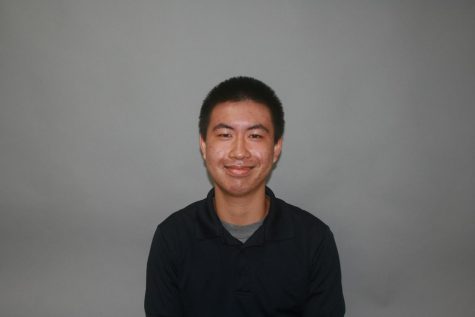
Russell is a senior in his fourth year on Review. He's a milk tea fanatic, and whenever he's not writing or editing, he most enjoys running, eating, sleeping,...
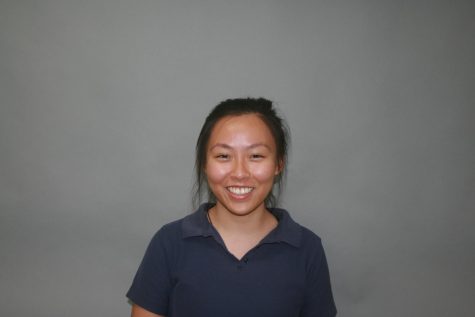
Ella is a senior in her fourth year on Review. Her dream is to go skydiving, and she's addicted to Honey Nut Cheerios.
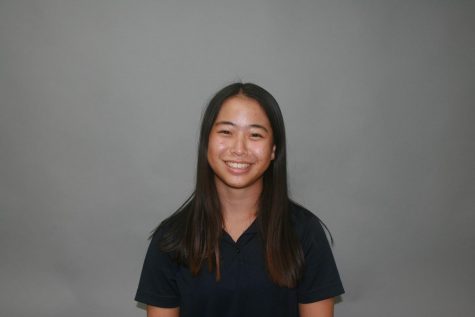
Ashley is a senior in her fourth year on The Review. She enjoys playing golf, baking and, to be honest, does not remember the sleep assembly.



